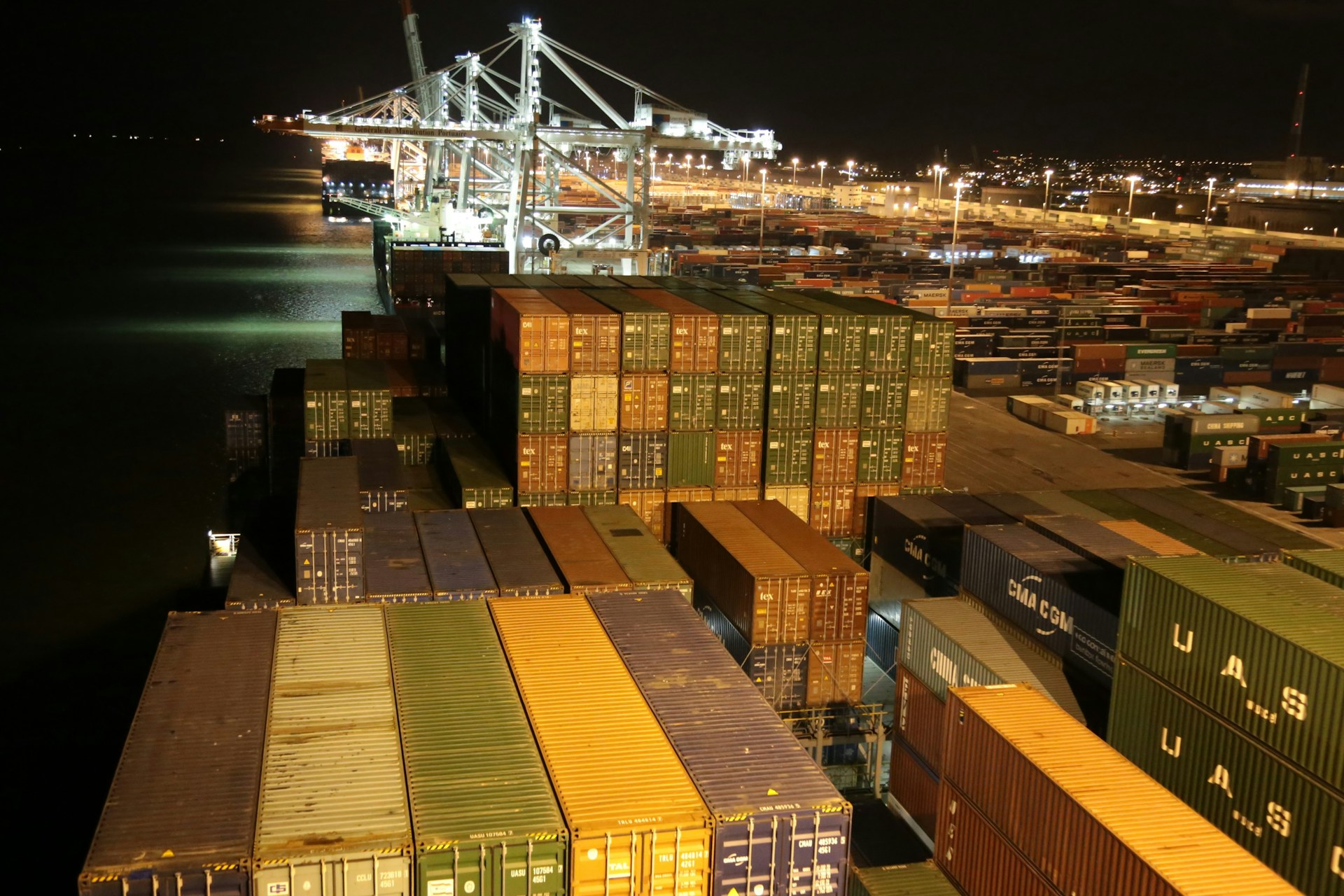Has Globalization Stalled?
Globalization has faced significant headwinds in recent years. The global pandemic, trade wars, and rising protectionism have challenged the interconnectedness that defined the early 21st century. Trade decoupling, especially between major economies like the United States and China, and reduction in global cooperation have sparked concerns that globalization is in retreat.
The trade tensions ignited by the Trump administration, and further exacerbated under the present administration, have cast a long shadow over global trade. Despite the initial promise of economic integration between the world’s two largest economies, the imposition of tariffs on hundreds of billions of dollars’ worth of goods has disrupted supply chains, stifled innovation, and dampened economic growth.
While the benefits of pre-trade war era are undeniable, the costs of the ongoing conflict are becoming increasingly apparent. A 2019 study revealed that increased trade with China boosted the average US household’s purchasing power by US$1,500 between 2000 and 2007. Moreover, a 2023 report by the US-China Business Council highlighted that exports to China supported over a million American jobs. For China, the gains from globalization have been equally significant. Since 2001, its economy has expanded more than fivefold, making it the world’s second-largest economy.
Furthermore, the COVID-19 pandemic and Russia’s invasion of Ukraine have spurred a rise in protectionist policies. Western countries are imposing export bans on essential goods, leading to supply chain disruptions. To mitigate risks, governments are adopting strategies like reshoring, nearshoring, and friendshoring. Additionally, industrial policies, such as the US CHIPS and Science Act and the European Chips Act, spurred by the global semiconductor shortage, are aimed to bolster domestic production capabilities, even at higher costs compared to imported alternatives.
Not All Gloom and Doom
Despite global economic challenges and fluctuations in trade and investment flows, globalization appears to be gradually recovering. Global trade in goods, though recovering from COVID-19 lows, has not reversed its declining trend. However, digitally enabled trade in services, which remained resilient during the pandemic, continues to experience robust growth. This suggests a future where trade in goods may stagnate, while trade in e-services continue to flourish.
Headline inflation, which surged to a high of 9.4% year-on-year in the third quarter of 2022, is projected to moderate to 3.5% by the end of 2025. This level is slightly below the average inflation rate observed in the two decades preceding the pandemic. As inflation in many countries approach central bank targets, major central banks are poised to implement monetary easing policies.
The global economy has been holding its own despite the recent economic slowdown. It is projected to keep a steady pace, growing at 3.2% in both 2024 and 2025. The US economy is looking strong, with a projected growth of 2.8% in 2024, before settling down to its normal growth rate. European economies are expected to pick up a bit in 2025, getting closer to their full potential. Emerging markets and developing economies, especially those in Asia, are still going strong, with a projected growth rate of 4.2% in both 2024 and 2025.
A New World Order?
The international landscape is undergoing profound transformation, driven by some key shifts. The traditional unipolar world order is yielding to a multipolar reality, marked by shifting geopolitical alignments and rising middle powers. This power struggle has led to a decline in adherence to rules-based diplomacy, fostering an environment of geopolitical competition and increasing global instability.
Countries are prioritizing domestic industries and employing protectionist measures to safeguard their economic interests. This shift away from globalization and free trade has implications for global supply chains and economic growth. Strategies such as nearshoring, reshoring, and friendshoring are gaining traction, as countries seek to reduce reliance on distant suppliers and mitigate geopolitical risks. While complete deglobalization may be unrealistic, significant changes to global supply chains are likely to occur.
Relying on Cooperation
Globalization, while powerful, needs a significant overhaul. This is not just desirable but also essential. Europe, for instance, relies heavily on multilateral agreements for its security, energy supply, and trade with Asia. The Global South, particularly Africa and Asia, cannot achieve industrialization or combat climate change without resource redistribution from developed nations, a task that necessitates global cooperation. Even the US, in this increasingly multipolar world, must engage with others through multilateral institutions to secure its interests.
However, this new era of cooperation will differ from past models. It must be more inclusive, recognizing that global challenges cannot be solved by a few powerful nations alone. Existing institutions like the World Bank and WHO will remain crucial, but their roles will evolve to accommodate a more diverse and interconnected world.
Photo Caption: Despite global economic challenges and fluctuations in trade and investment flows, globalization appears to be gradually recovering.



